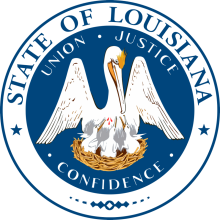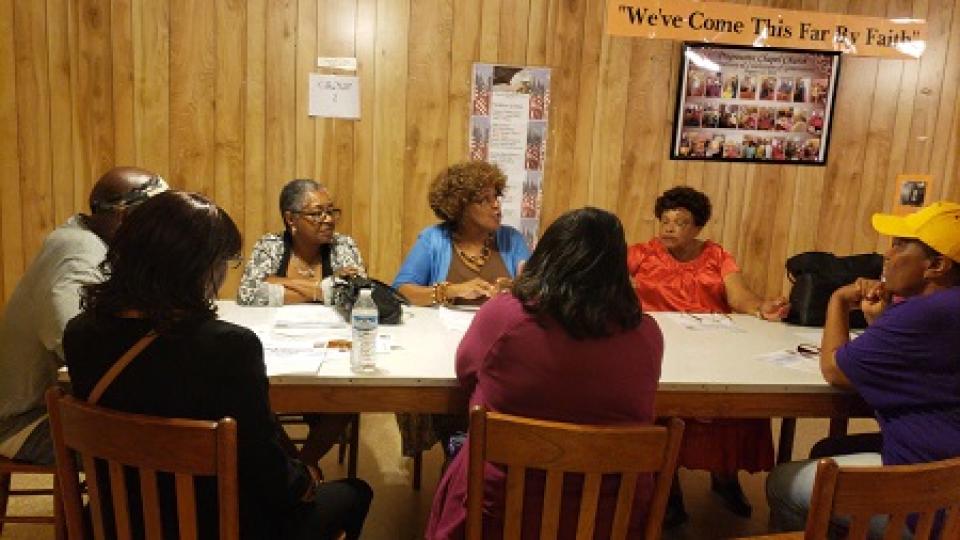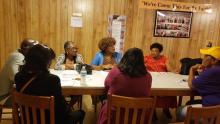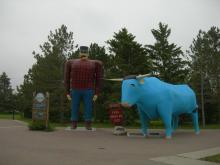
Residents of East Carroll Parish are “cautiously celebrating” the decision by Louisiana’s Office of Broadband Development and Connectivity to uphold a $4 million GUMBO grant to bring fiber-to-the-home (FTTH) Internet service to over 2,500 households in one of the most poorly connected parts of the state.
As we reported last month, the grant had been challenged by the regional monopoly cable provider Sparklight after the state had awarded the grant to Conexon. The challenge, which claimed the cable company already serves 2,856 homes in the region, brought the project to a grinding halt on the same day residents were set to launch a sign-up-for-service event.
News that the challenge was rejected brought a sigh of relief to members of Delta Interfaith, a coalition of congregations and community-based organizations in the Louisiana Delta pushing for better broadband. Coalition members had formed an Internet task force during the Covid-19 crisis as families struggled to get access to reliable broadband.
The community and elected officials were elated when Conexon, an independent rural Internet provider, was intially awarded the grant in July – only to be frustrated when they learned of Sparklight’s challenge. Concerned that Sparklight (formerly known as Cable One) was simply gaming the state’s grant challenge process in an effort to stave off competition, community members initiated a letter-writing campaign to bring light to the challenge and pressure state officials to resolve the challenge as soon as possible.
Sparklight 'Failed to Carry Its Burden of Proof'
In its letter to Sparklight explaining why the challenge was being rejected, Office of Broadband Development and Connectivity (OBDC) Executive Director Veneeth Iyengar noted that “because Sparklight has provided such a limited explanation of its position, it is difficult to discern and analyze its argument.”
Iyengar goes on to write:
It is OBDC’s opinion that the intent and purpose of the Gumbo Act is the statutorily mandated speeds will be delivered and received functionally and reliably. When I consider the paucity of information set forth in Sparklight’s narrative, it is my opinion that Sparklight has not met its burden to demonstrate that the necessary speed is reliably delivered and received by the residents of the area at issue.
Furthermore, the letter notes:
Sparklight has offered no data or evidence with regard to specific speeds actually delivered and received by its customers or at locations within the area … Without Sparklight providing any speed tests at actual customer locations, Sparklight still has not demonstrated that the minimum statutory speeds are consistently and reliably received at specific customer locations. Thus, Sparklight has not established what true speeds are available to its customers, and has therefore, failed to carry its burden of proof as the protestor.
Therefore, the letter concludes, the rejected challenge “is final and conclusive unless it is appealed to the Commissioner of Administration within fifteen (15) days of receipt (and/or) unless it is appealed to the Nineteenth Judicial District Court within seven (7) days of receipt.”
Read the complete OBDC letter here.
Residents Celebrate 'Cautiously'

In a press release issued after the OBDC decision, Linda Milikin, a leader with Delta Interfaith, said: “We applaud the work of Veneeth Iyengar and the Louisiana’s broadband office which has carefully considered the evidence and decided to uphold the grant award!”
Wanda Manning, a digital navigator with Delta Interfaith, added:
We are bringing better Internet to East Carroll. Soon children will have the connection they need to do their school work from home. Local businesses will have broadband fit for the 21st century at a price they can afford. And we will no longer have to drive 70 miles for a doctor’s visit when an online consultation will do. This network means a better future for folks living in East Carroll.
However, the press release noted, because Sparklight can still appeal the decision to the Commissioner of Administration Jay Dardenne, Delta Interfaith is holding off on plans for a launch event until the window for appeal has closed.
A Cautionary Tale
We are seeing similar challenges in various parts of the country from national companies hoping to stave off competition and maintain their monopoly dominance in regional markets. What happened in East Carroll Parish is a cautionary tale for communities and state lawmakers in other states to be on the lookout for incumbent challenges to state grant awards that lack any real merit.
Some states punish fraudulent incumbent challenges as a way to protect unserved and underserved communities from being left on the wrong side of the digitial divide when monopoly providers fail to meet the standards of a proposal for which a grant has been awarded.
In Minnesota, for example, if a broadband provider issues a challenge to a state grant award but is found to have not fulfilled its obligation to serve the area it claims, it is denied any state funding for the next two funding cycles.
In Colorado, if an incumbent provider invokes its "right of first refusal" in the face of a proposed project, state law stipulates that the incumbent "may either let the new company go ahead, or else they must match the speed and price the new company is offering."
In states that do not have a mechanism for discouraging costly legal challenges, community broadband and digital equity advocates would be wise to lobby state lawmakers to consider similar legislation as states establish how they will disburse hundreds of millions of dollars in broadband deployment funds.








